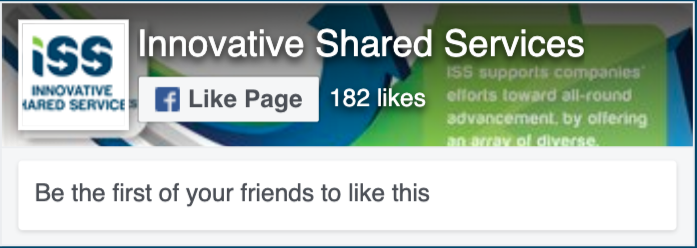US Title Interpret and use information from texts US No. 8969 NQF Level 03 Credits 5 Purpose: Learners at this level read and view a range of texts. Learners credited with this unit standard are able to read a variety of text types with understanding and to justify their views and responses by reference to detailed evidence from text. They are also able to evaluate the effectiveness of different texts for different audiences and purposes, by using a set of criteria for analysis. Unit standard range:
- A variety of written and visual texts used in socio-cultural, learning and workplace contexts.
- Use a range of reading and viewing strategies to understand the literal meaning of specific texts.
- Use strategies for extracting implicit messages in texts.
- Respond to selected texts in a manner appropriate to the context.
- Explore and explain how language structures and features may influence a reader.
- The learner can read for enjoyment, analyse elements of literary genres and respond to issues, characters and situations presented in literary contexts.
- A variety of written and visual texts: picture books, folklore, traditional stories (written and oral), myths, legends, novels, feature films, short stories, poetry, learners` own speaking and writing, non-fiction (biographies and filmed documentaries), scripted and improvised drama/plays, television serials, video clips, cartoons and comics, song lyrics.
- Extract meaning from a variety of literary texts.
- Identify and explain features that influence response to texts.
- Produce own texts in response to literary texts.

